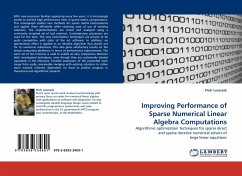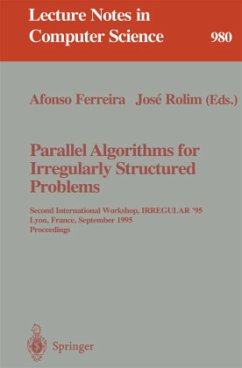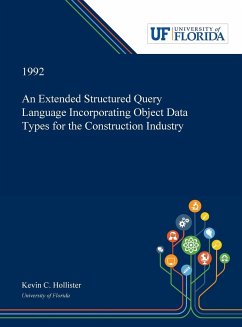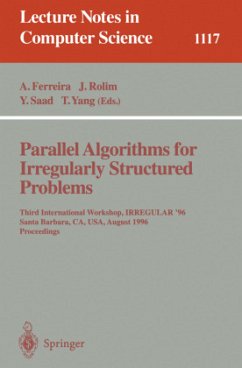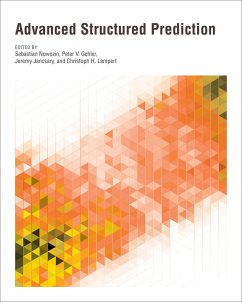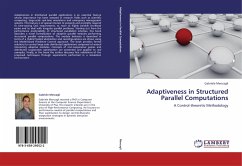
Adaptiveness in Structured Parallel Computations
A Control-theoretic Methodology
Versandkostenfrei!
Versandfertig in 6-10 Tagen
52,99 €
inkl. MwSt.

PAYBACK Punkte
26 °P sammeln!
Adaptiveness in distributed parallel applications is an essential feature whose importance has been assessed in research fields such as scientific computing, large-scale real-time simulations and emergency management systems. This feature is of special interest to properly and promptly respond to time-varying QoS requirements, to react to highly variable workload peaks and to deal with irregular parallel problems. Starting out from the performance predictability of structured parallelism schemes, this book describes a novel formalization of adaptive parallel modules performing structured paral...
Adaptiveness in distributed parallel applications is an essential feature whose importance has been assessed in research fields such as scientific computing, large-scale real-time simulations and emergency management systems. This feature is of special interest to properly and promptly respond to time-varying QoS requirements, to react to highly variable workload peaks and to deal with irregular parallel problems. Starting out from the performance predictability of structured parallelism schemes, this book describes a novel formalization of adaptive parallel modules performing structured parallel computations. The module behavior is described in terms of a Hybrid System abstraction and reconfigurations are driven using the Model-based Predictive Control approach. The book provides formal solutions to control large-scale distributed applications composed of several interacting adaptive modules. Concepts of non-cooperative games and distributed cooperative optimization are presented and applied to real examples. Finally, in the book the author discusses first validations of the proposed techniques through experiments performed in a simulation environment.



